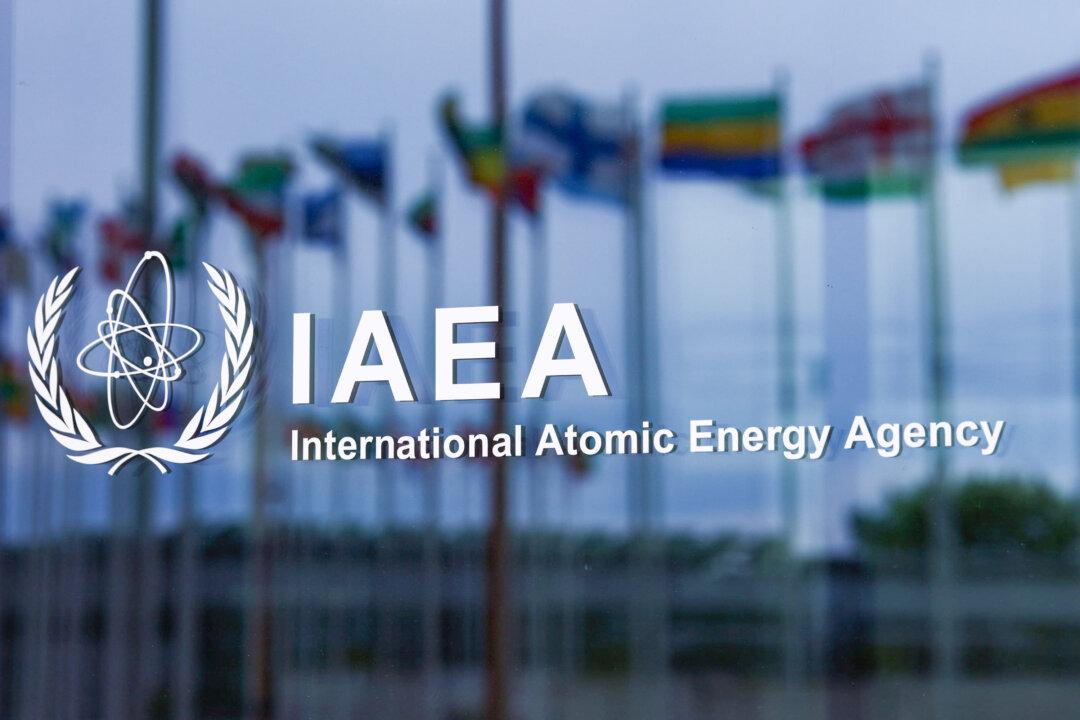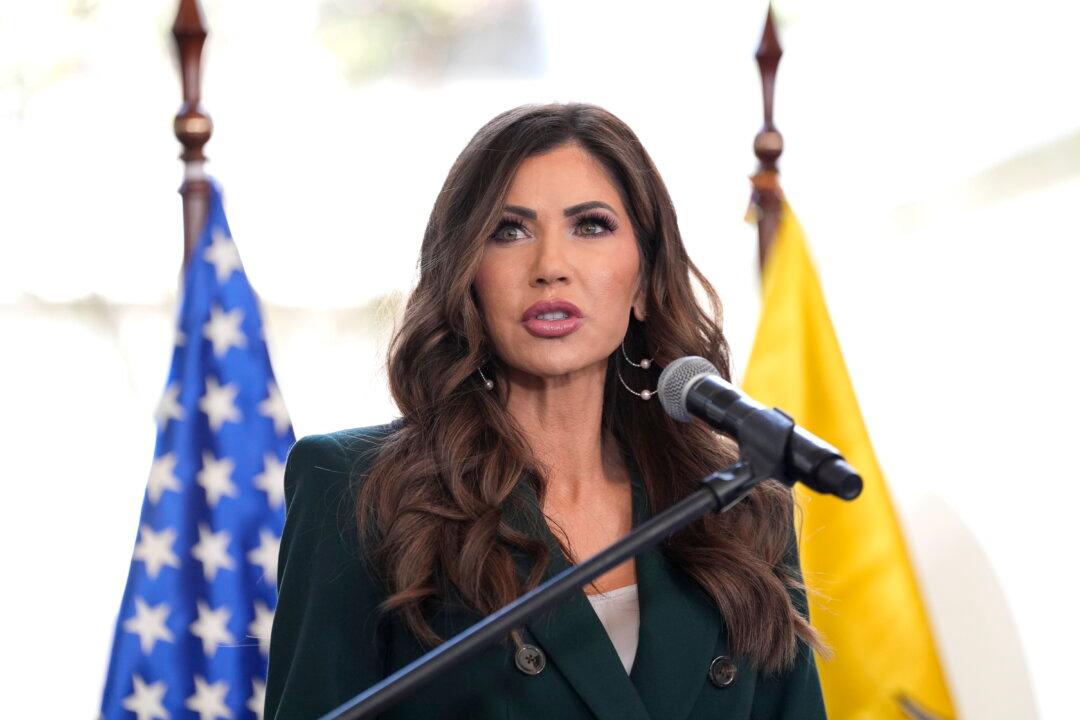Iran has announced that it is ending its relationship with the International Atomic Energy Agency (IAEA) in the aftermath of the strikes made by Israel and the United States on its nuclear facilities.
Iran’s foreign minister, Seyed Abbas Araghchi, took to social media platform X on June 27, stating that Iran’s Parliament voted to end collaboration with the agency “until the safety and security“ of the country’s nuclear activities ”can be guaranteed.”
He also placed significant blame for the attack on the agency and its director general, Rafael Grossi.
“He directly facilitated the adoption of a politically-motivated resolution against Iran by the IAEA BoG as well as the unlawful Israeli and US bombings of Iranian nuclear sites,” Araghchi said in his announcement. “In an astounding betrayal of his duties, [Grossi] has additionally failed to explicitly condemn such blatant violations of IAEA safeguards and its Statute.
“The IAEA and its Director-General are fully responsible for this sordid state of affairs.”
Araghchi went on to say that the agency’s insistence on visiting Iran’s destroyed sites was “meaningless and possibly even malign in intent” and that his nation reserved the right to take steps to defend its interests, people, and sovereignty.
Grossi said on social media the day before Iran’s vote, “We have a real window for diplomacy on the situation in Iran, one all parties must approach with resolve, as the moment demands.”
Grossi has faced calls for his arrest and even execution in Iran in the aftermath of the United States’ strategic bombing run, which were condemned by Secretary of State Marco Rubio.
“From a nuclear safety perspective, Iran’s Bushehr Nuclear Power Plant and the Tehran Research Reactor represented our main concern as any strike affecting those facilities—including their off-site power lines—could have caused a radiological accident with potential consequences in Iran as well as beyond its borders in the case of the Bushehr plant,” Grossi said in a statement. “It did not happen, and the worst nuclear safety scenario was thereby avoided.”
Grossi continued to speak out against attacks on any nuclear facilities and emphasized the need for his agency’s inspectors to continue their verification activities mandated in Iran’s Comprehensive Safeguards Agreement with it.







